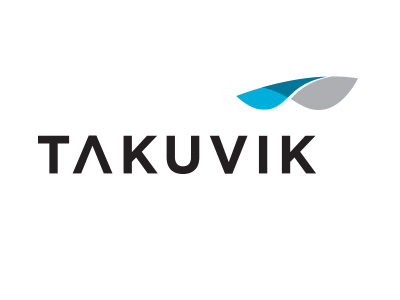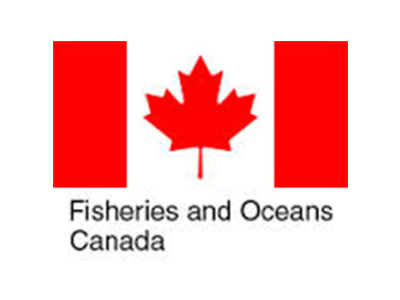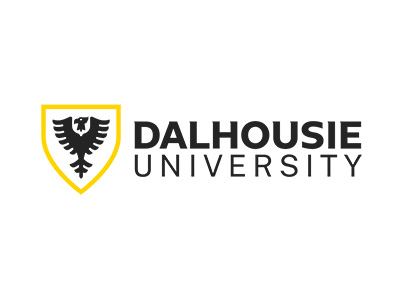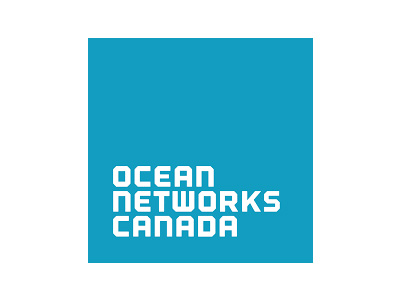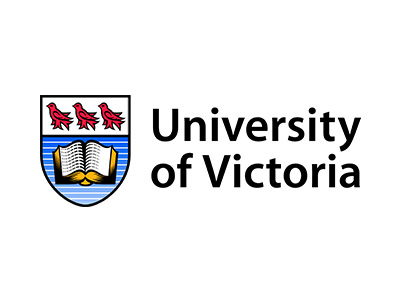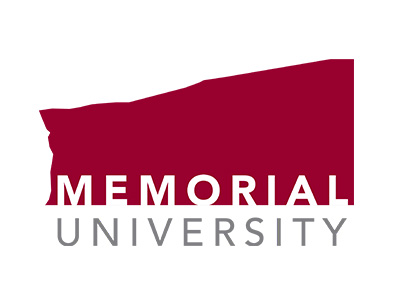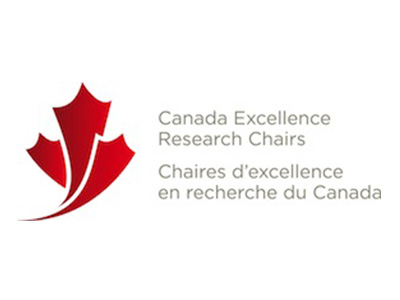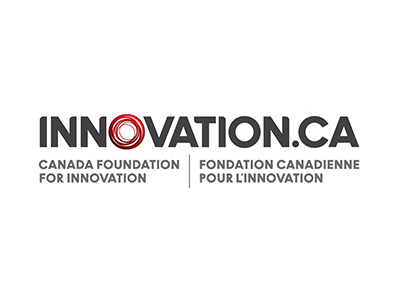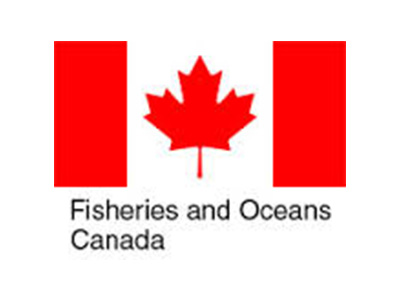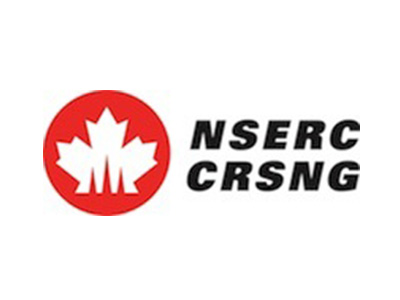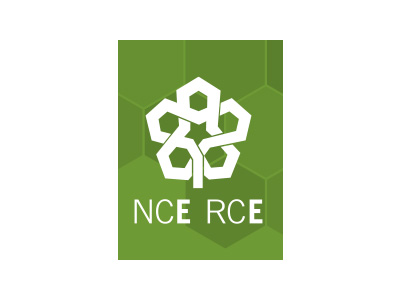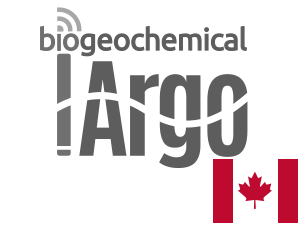- National priorities
- Projects & funding schemes
- Participating laboratories
- Funding agencies
- National contact
- Canadian overall priorities align with the scientific questions and societal applications articulated at the international level (see BGC-Argo Science & Implementation Plan), including support for the core variables to be measured and the mission configuration outlined for the global program.
- Areas of preferential deployment include, but are not limited to, the North Atlantic Ocean, the North Pacific Ocean, and the Arctic Seas.
- In addition to supporting the program’s core mission, Canadian priorities include further development of float and sensor technologies, including, for example, the enhancement of float capabilities to measure properties under ice in polar regions, sensor development, and an emphasis on training the next generation of scientists, developers, and users.
Canadian activities in support of global BGC-Argo are supported through various mechanisms (see https://bgc-argo.ocean.dal.ca).
Current projects and initiatives include:
- A regional Northwest North Atlantic BGC-Argo array, funded by the Canada Foundation for Innovation through an Innovation Fund award to Dalhousie University and the University of Newfoundland and provincial awards by Research Nova Scotia and the Province of Newfoundland, is a project that will deploy 34 BGC-Argo floats with 4 to 6 BGC sensors in the Northwest North Atlantic (see https://bgc-argo.ocean.dal.ca/nwna.html).
- The Canadian-Pacific Robotic Ocean Observing Facility (C-PROOF), funded by the Canada Foundation for Innovation through an Innovation Fund award to the University of Victoria and matching funds by the Province of British Columbia, will deploy 20 BGC-Argo floats (18 of them carry oxygen sensors, 2 of them carry 5 BGC-sensors) in the Northwestern North Pacific (see https://cproof.uvic.ca).
- Takuvik in synergy with other funding sources including the Canadian Space Agency, Horizon (ERC REFINE grant, P.I. H. Claustre), and the Transformation Climate Action program, is maintaining a continuous BGC-Argo effort in Baffin Bay and beyond, deploying new float prototypes that include imaging sensors (UVP6) and hyperspectral light sensors to perform calibration/validation of the new Plankton, Aerosol, Cloud, Ocean Ecosystem (PACE) satellite mission (see http://www.takuvik.ulaval.ca).
- Ocean Networks Canada, through awards from the Canada Foundation for Innovation Major Science Initiatives Fund and the Government of Canada to the University of Victoria, will deploy 18 deep Argo floats with oxygen sensors in the Northeast Pacific, the Southern Ocean, and beyond. These can profile to 4000 m depth (see https://www.oceannetworks.ca).
- Long-term commitments: The Department of Fisheries and Oceans Canada (DFO) is a strong contributor to the Argo program. DFO has procured and deployed multiple BGC-Argo floats, supports the real-time and delayed-mode quality control and data management for most active Canadian BGC-Argo floats, and maintains an overview of all past and planned Canadian float deployments here: https://argocanada.github.io.
The Canada Excellence Research Chairs (CERC) Program awards universities up to $10 million over seven years to support world-renowned researchers and their teams.
The Canada Foundation for Innovation funds state-of-the-art infrastructure to allow researchers to push the boundaries of knowledge, explore the unknown and generate exciting outcomes that benefit humankind.
The Department of Fisheries and Oceans Canada is responsible for developing and implementing policies and programs in support of Canada's economic, ecological and scientific interests in oceans and inland waters. Its mandate includes responsibility for the conservation and sustainable use of Canada's fisheries resources while continuing to provide safe, effective and environmentally sound marine services that are responsive to the needs of Canadians in a global economy.
The Natural Sciences and Engineering Research Council of Canada is Canada's federal funding agency for university-based research and student and postdoctoral research support.
Networks of Centres of Excellence of Canada aims to mobilize Canada’s best research, development and entrepreneurial expertise and focus it on specific issues and strategic areas.


